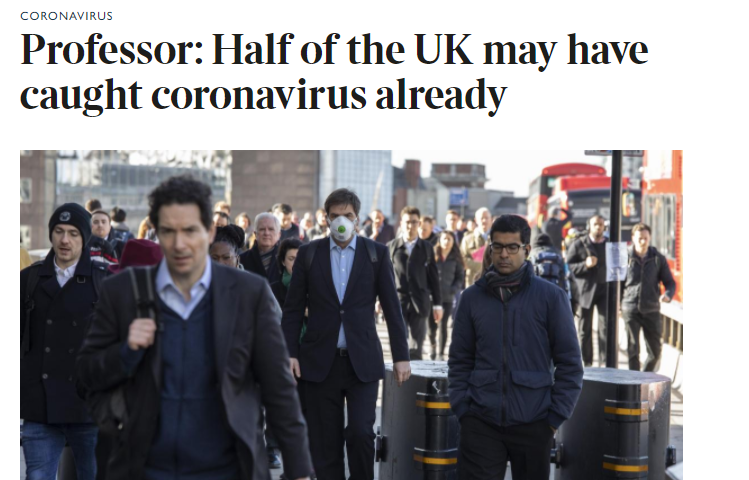
The somewhat depressing fact is that making COVID-19 predictions is essentially cost-free
No one will hold you accountable for predicting wrong, if they even remember in a few months time
No one will hold you accountable for predicting wrong, if they even remember in a few months time
The reality is that most people who have predicted the future of COVID with any certainty have made a lot of mistakes, but no one ever checks back to audit those in any meaningful way
There are people who get massive media attention once a month when they confidently predict that COVID-19 will be over in 4-6 weeks time, even though they've been doing it for over a year now
Here are two conflicting predictions, made at around the same time last year
Neither of these is remotely correct. Neither author has been forced to spend any time going over how very wrong they were

Neither of these is remotely correct. Neither author has been forced to spend any time going over how very wrong they were


For clarity - the global toll of COVID-19 is large, but this "AI" model predicted 53 million deaths by April
The Oxford study that predicted herd immunity by April/May in the UK was similarly enormously off target
No one cares 🤷♂️
The Oxford study that predicted herd immunity by April/May in the UK was similarly enormously off target
No one cares 🤷♂️
• • •
Missing some Tweet in this thread? You can try to
force a refresh





